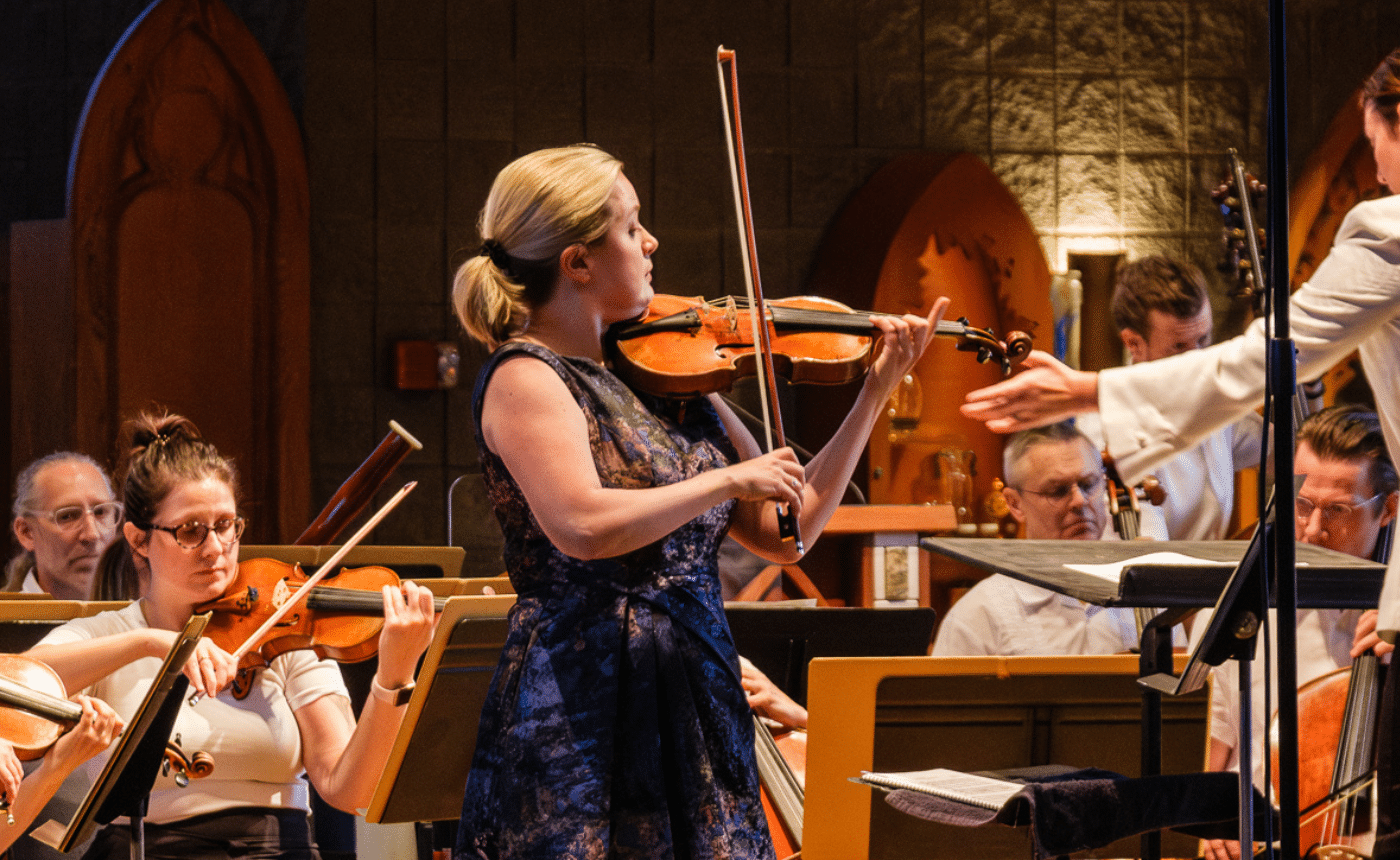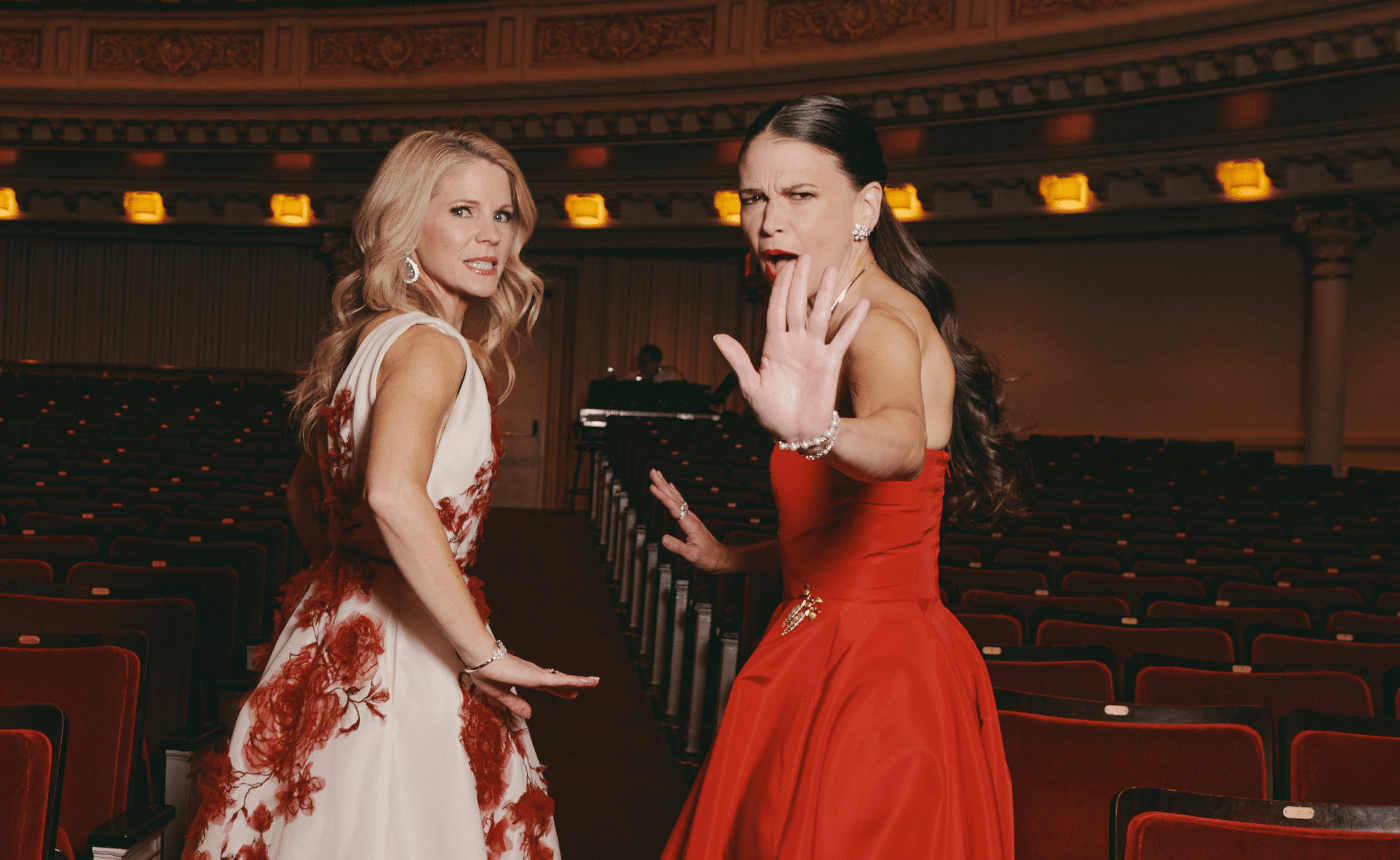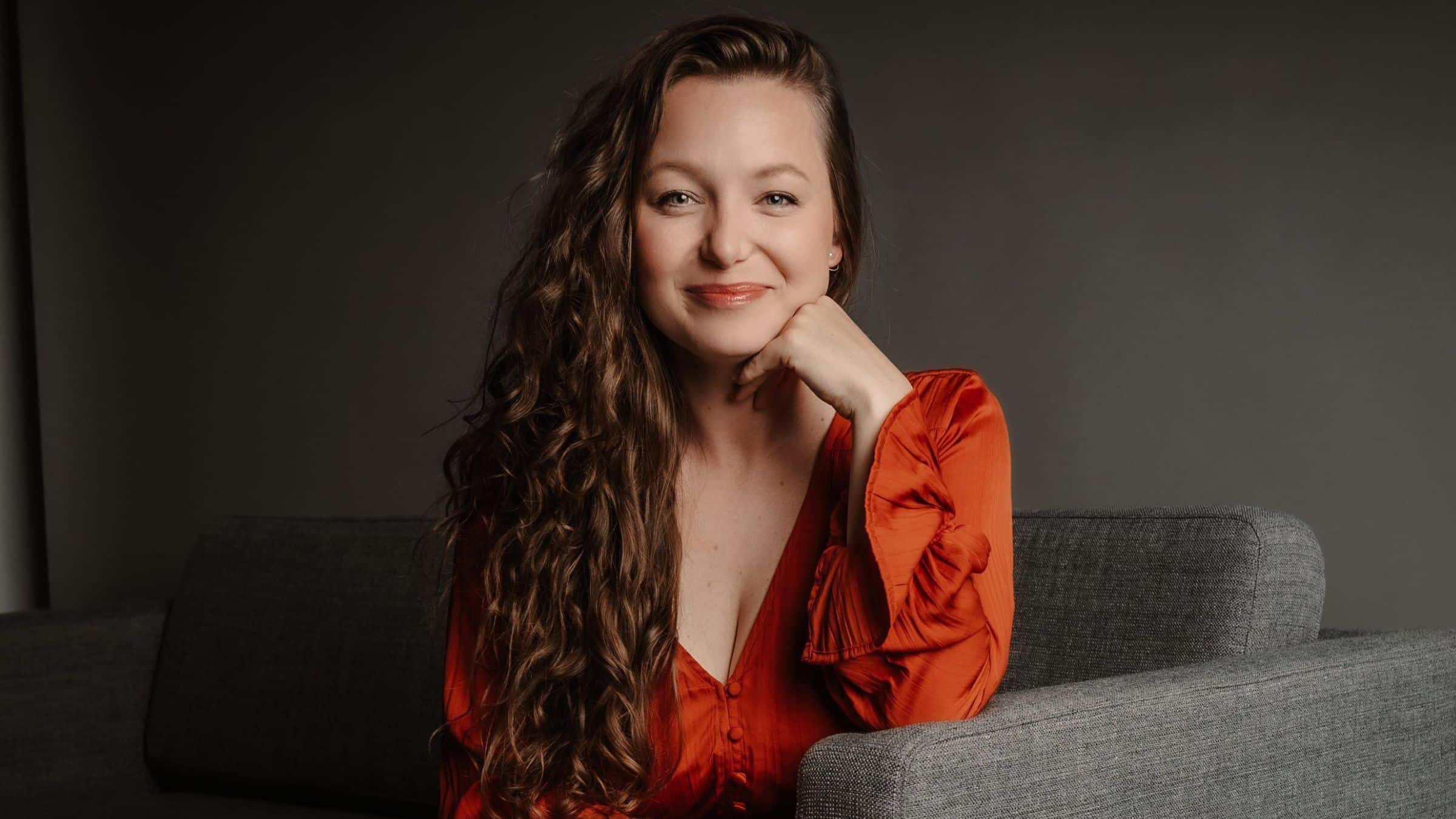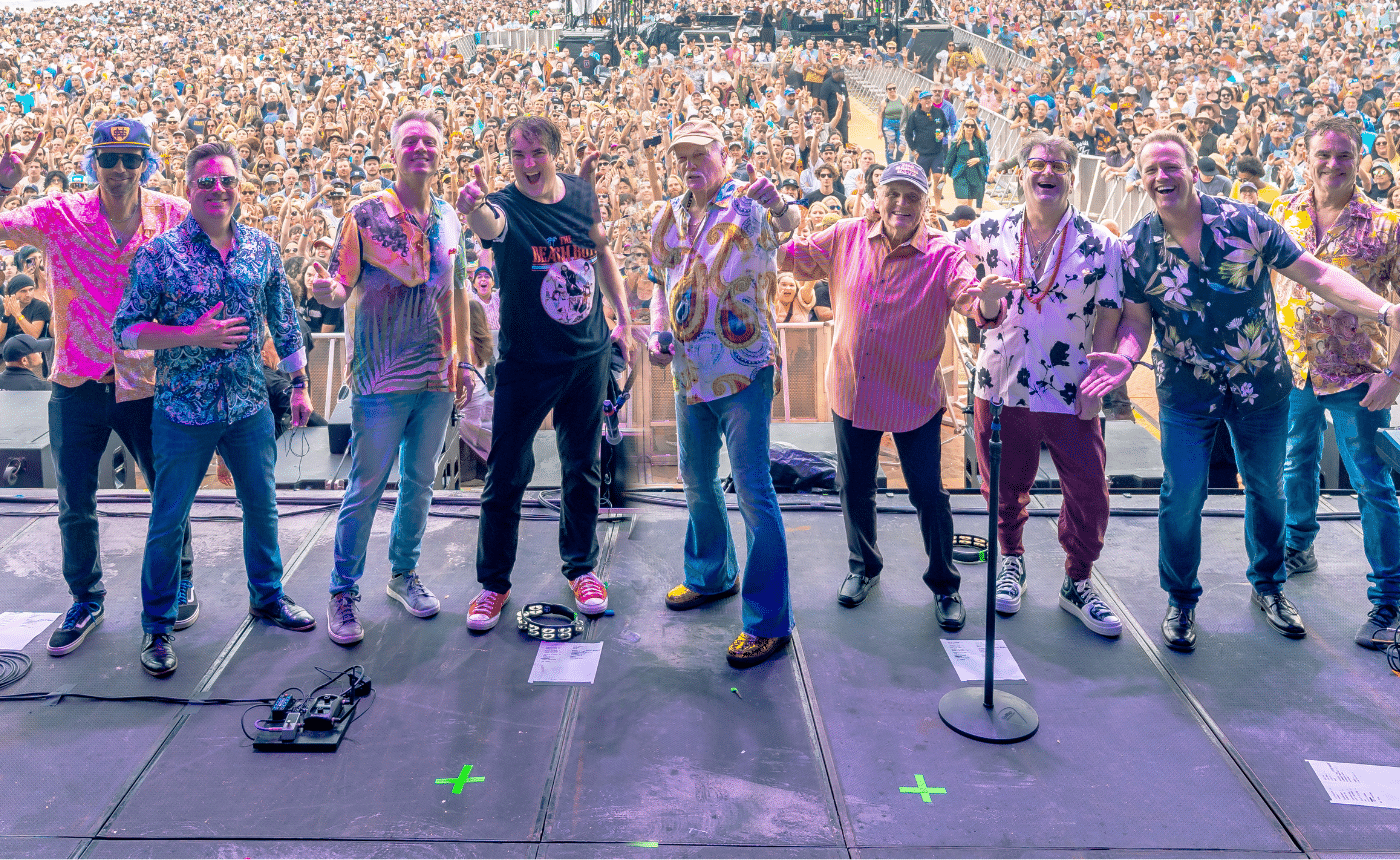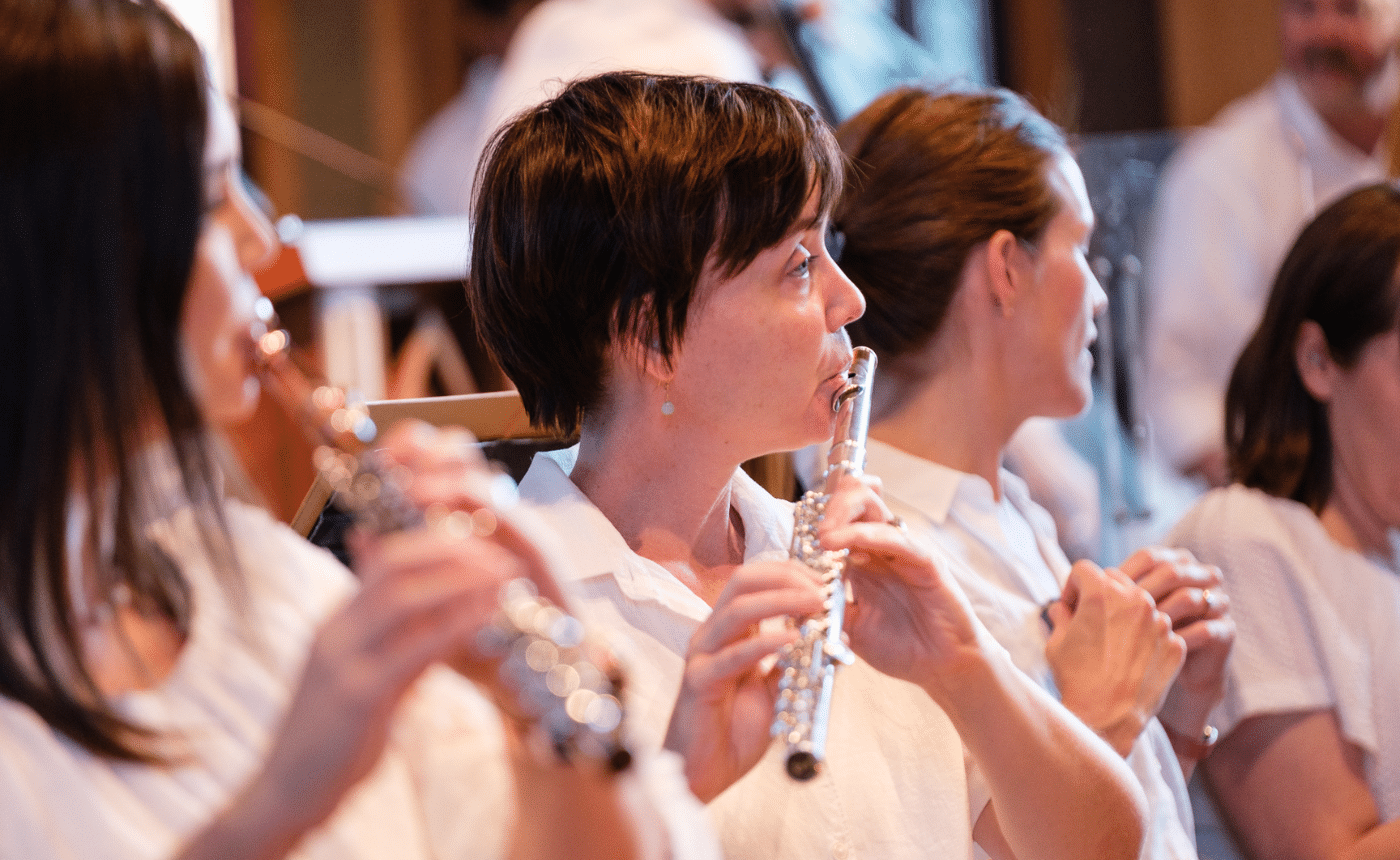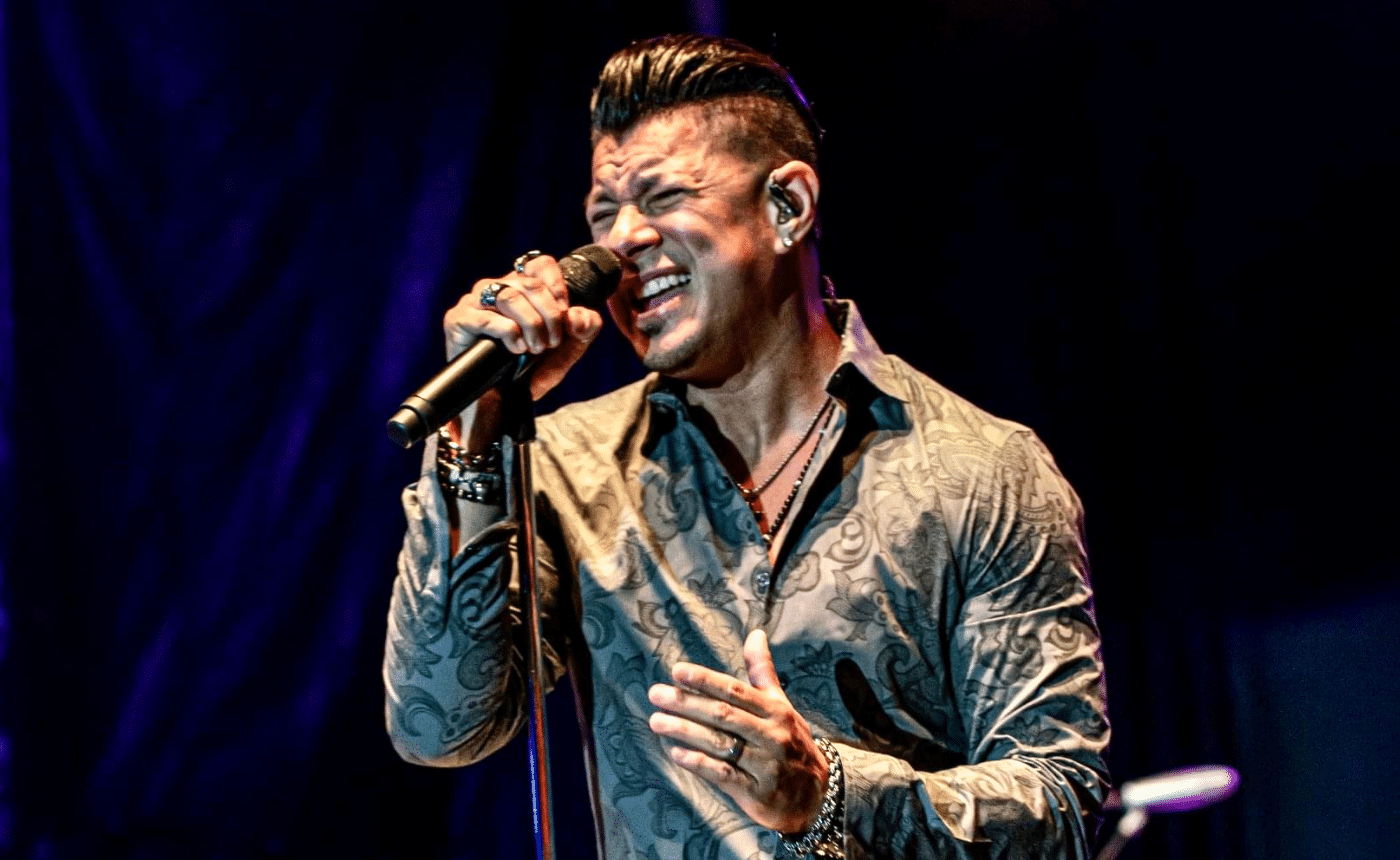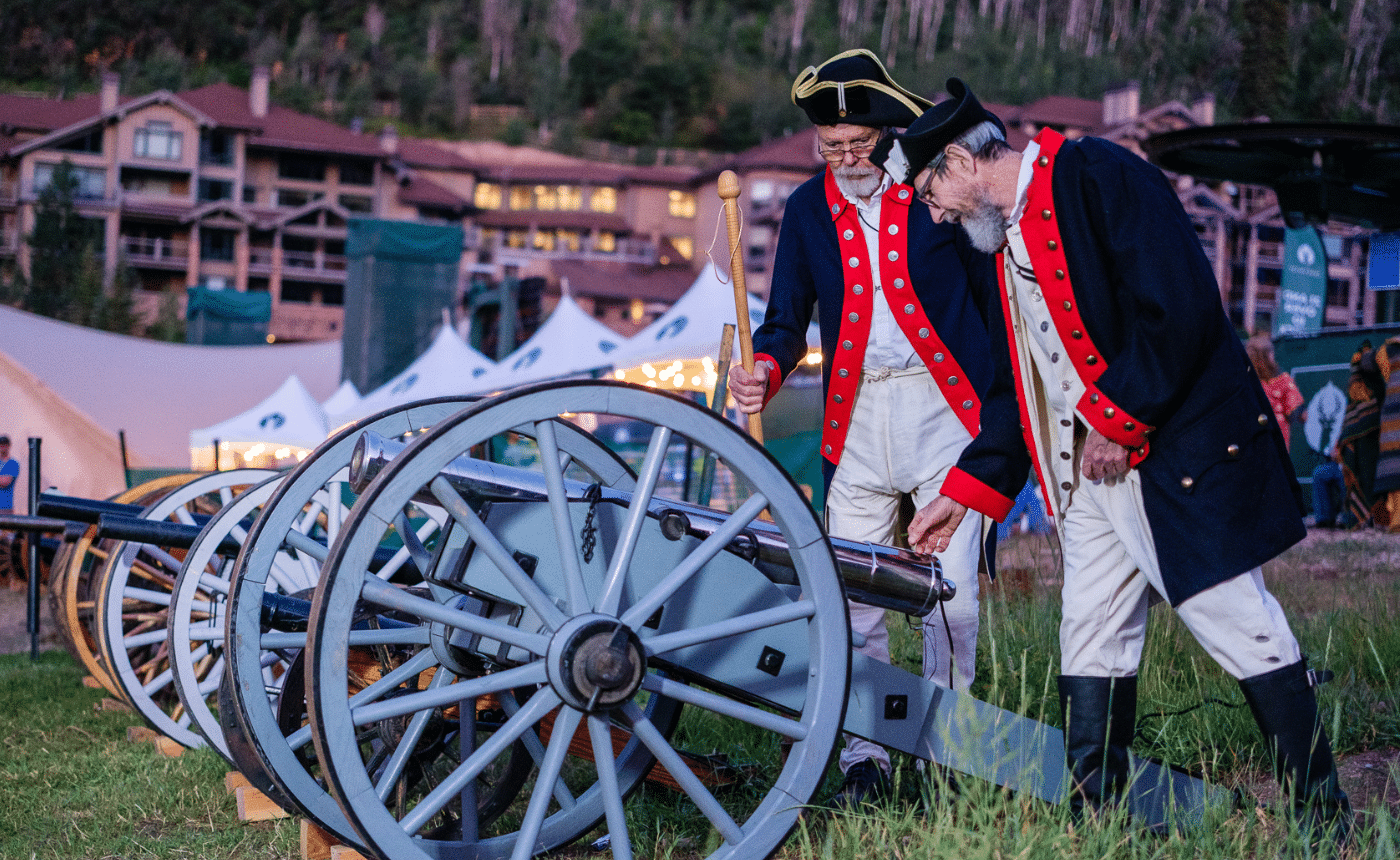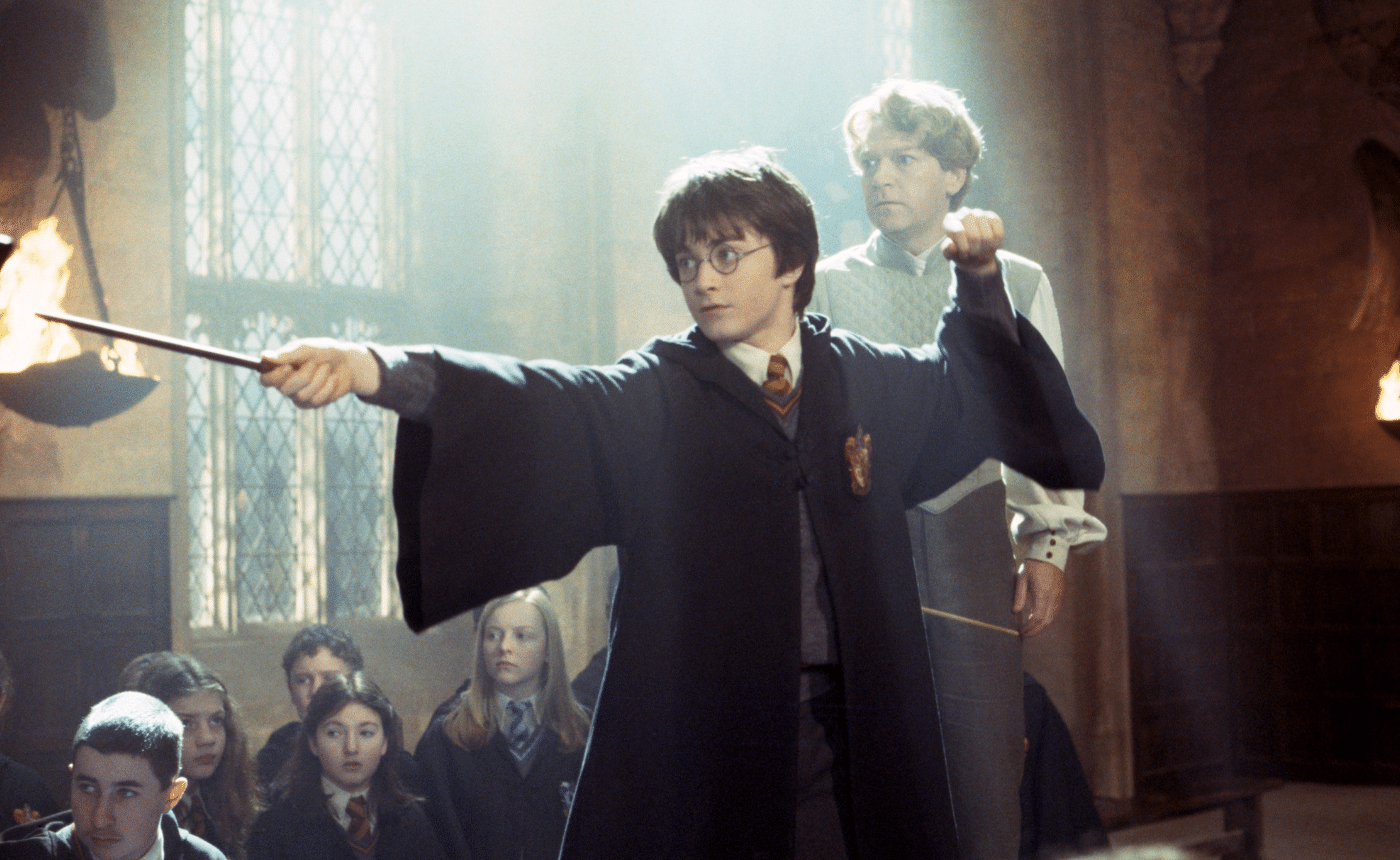HANDEL: Messiah
A Musician’s Perspective
Handel’s Messiah is a Christmas tradition. Played by orchestras everywhere, it is a piece many musicians and concertgoers look forward to every year. We at Utah Symphony | Utah Opera are happy to have it be a part of your family’s holiday.
2020 is unique, as we all know, and for many reasons our typical sing-along will be coming to you virtually this year. Several moving parts had to come together to make this happen—from separately rehearsed and recorded orchestra, choral, and solo parts to careful editing, planning, and distribution that enabled us to perform in spite of the many logistical complications. Some of you even submitted your own footage to be incorporated, making this truly a community project. We hope you will enjoy this rendition from the comfort of your own home. Maybe this year you can even sing some of the solo arias!
Messiah is one of my personal favorite pieces to play. Handel used the forces of a typical baroque ensemble: strings, oboes, trumpets, timpani, and basso continuo. The continuo group consists of harpsichord, cello, and bassoon and provides the pulse and temporal undercurrent of the work. As a bassoonist, I find the textural blend with the celli very rewarding. W.A. Mozart reorchestrated the work for a larger classical orchestra, adding clarinets, french horns, and trombones. It is, however, most often performed with its original instrumentation.
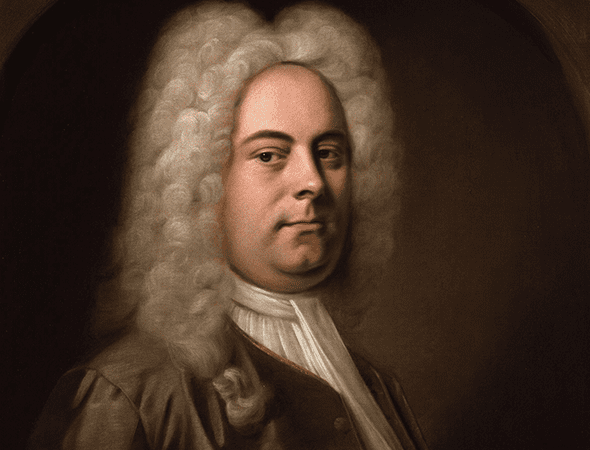
George Frideric Handel
Handel’s Messiah, composed in 1741, is possibly the most well-known and historically significant oratorio. In modern society it is typically performed at Christmas time, but in Handel’s day it celebrated Easter. Messiah was premiered in Dublin, but was not initially well-received due to the fact that it was a sacred work performed in a theater instead of a church. Until this point in his career, Handel had written many Italian operas. Messiah shares significant traits with those works—including recitatives, or quasi-spoken meterless segues which set the mood and transition between the scenes of the arias and choruses. The chorus in this work is akin to an ancient Greek chorus, the voice of society commenting on the action. What oratorios do not share with operas is the staging elements of costumes and sets. These works are intended solely for the concert hall.
The recitatives, or “spoken segues,” are accompanied by the principal cello and harpsichord. These two instruments have a crucial role in the piece and play continuously (hence the name “continuo”). As stated earlier, recitatives are metrically free and can thus be challenging to coordinate. Extra rehearsals are required to ensure everyone involved can pick up subtle body language, eye contact, and musical cuing. Watch for this, it’s remarkable! Handel provides the harpsichord with a figured bass—a scant harmonic chart over which the player improvises. The cello and harpsichord punctuate the quasi-spoken dialogue of the recitative, and delineate vital chord changes specified by the composer.
While the solo cello and harpsichord get the prize for most measures played, other instruments such as the oboes and trumpets only play a few numbers. The oboes are present in the opening Sinfonia, or orchestral introduction. The trumpets signify dramatic high points such as the famous aria “The trumpet shall sound,” but rest for much of the piece. The bassoonist’s line doubles that of the celli and basses, and may be dropped at times to thin the texture. This flexibility helps the conductor balance the dynamics of the ensemble.
We at Utah Symphony | Utah Opera hope you enjoy our 2020 production. Perhaps you will be able to see and hear things on your screen that you wouldn’t have noticed from farther away in the audience. You can come to Abravanel Hall in your hearts this Christmas, and know we’ll be there in person for future holidays. I think we can all agree that nothing beats the excitement of live performance. We are glad to be a part of your family traditions and thank you for tuning in. Happy Holidays!




